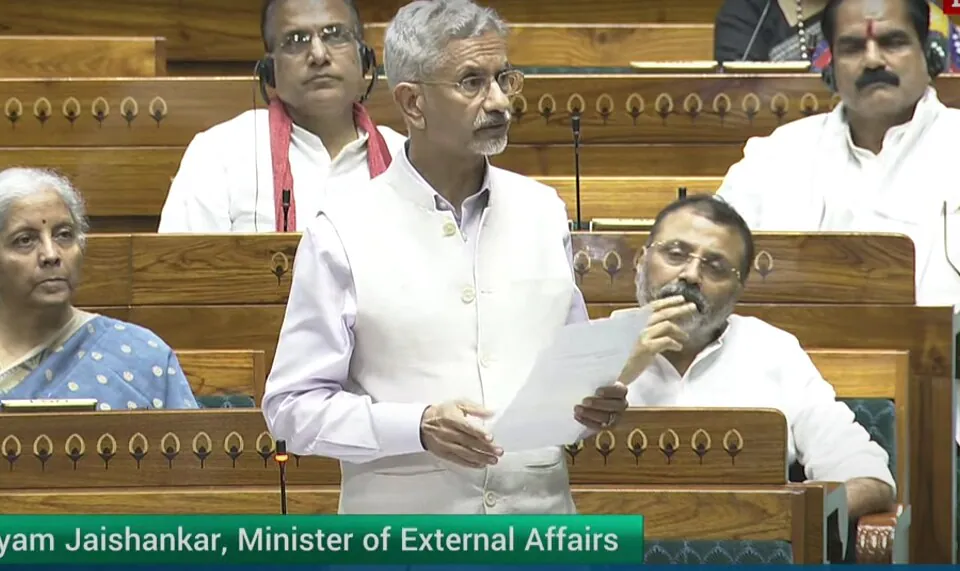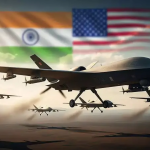India’s External Affairs Minister Dr S Jaishankar informed Parliament that only three United Nations member states, apart from Pakistan, opposed Operation Sindoor — India’s precision military response to the April 22 Pahalgam terror attack. The statement, made during a high-stakes Lok Sabha debate, marks a major diplomatic milestone in India’s global fight against cross-border terrorism.
Operation Sindoor was launched in the early hours of May 7. It involved coordinated air and missile strikes across nine terror camps in Pakistan and Pakistan-occupied Kashmir. Over 70 militants were reportedly neutralised. The operation included the use of Rafale and Mirage 2000 jets, BrahMos cruise missiles, and surveillance drones. By May 9, Pakistan sought a ceasefire through the DGMO hotline, which India accepted after claiming mission objectives were achieved.
Dr Jaishankar said India had conducted “anticipatory diplomacy” in 32 capitals and within key UN circles to prevent backlash. As a result, during the emergency session of the UN General Assembly convened at Pakistan’s request, only three countries raised objections to India’s actions. These are widely believed to be China, Turkey, and Iran, though the government has not officially named them.
“Of the 190 countries represented that day, barring Pakistan and three others, no one accepted Islamabad’s narrative. That is the outcome of strategic engagement,” said Jaishankar during his speech.
He added that the international community had already condemned the Pahalgam massacre, which killed 26 civilians, and this helped India frame its response as legitimate self-defence. Notably, countries like the United States, France, Russia, the United Kingdom, Australia, and Israel publicly backed India’s right to retaliate. Even members of the Global South and BRICS, excluding China, maintained neutrality or showed quiet support.
The minister also detailed the five core pillars of India’s new counter-terror doctrine: no dialogue with terror proxies, calibrated retaliation, zero tolerance for nuclear blackmail, no peace under the shadow of terror, and clear messaging that peace and terrorism cannot coexist.
Opposition parties welcomed the operation’s success but raised concerns over transparency regarding casualties and military losses, which the government dismissed as misinformation spread by Pakistani channels. Some also questioned the sudden ceasefire, suggesting further pressure could have been maintained.
Strategic experts say the strong global backing for Operation Sindoor signals a new era in India’s counter-terror posture. By combining military action with diplomatic pre-emption, India has set a precedent that could guide future operations. The government is also expected to leverage this support to push for reforms in the UN Security Council and tougher global action against Pakistan-based terror networks.













